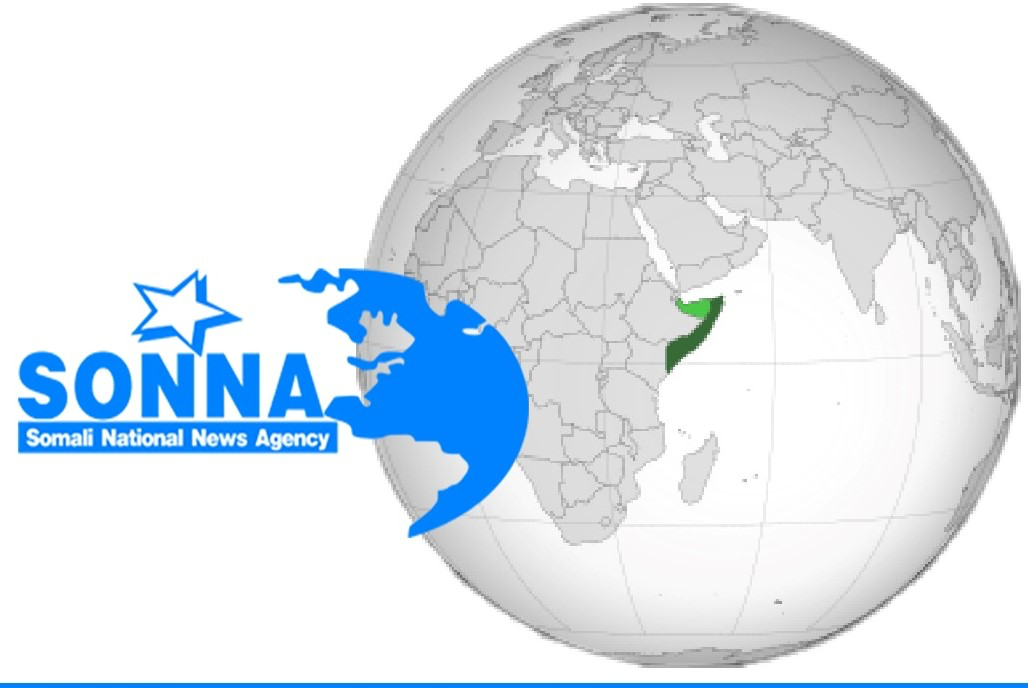For years, the terror group Al-Shabaab has terrorized the people of Somalia through violent attacks and oppressive tactics. However, the Somali people have continued to resist and fight back against the extremist group, as demonstrated by the bravery of individuals like Husein Ahmed Olad and Ganey Olow.
Olad’s decision to take up arms against Al-Shabaab came after the group looted all his livestock and extorted him monthly. His desire to regain what was stolen from his family shows the deep roots of violence and destruction that Al-Shabaab has wrought on Somali communities for generations. Olow, who lost a limb while fighting the group, remains determined to see the end of the terror group and expressed gratitude towards the government’s efforts to end Al-Shabaab’s reign of terror.
Despite the desperate actions of Al-Shabaab, the fight against the group has intensified in recent years. The bravery of local fighters, the efforts of the national army, and the support of international allies have all contributed to pushing back the terror group. Al-Shabaab has suffered numerous defeats on the front lines, which has weakened their hold on Somali communities.
However, Al-Shabaab continues to carry out attacks and extort communities under their control. The terror group uses violence and intimidation tactics to maintain their control and expand their influence. In recent months, Al-Shabaab has increased its attacks in Mogadishu, targeting civilians and government officials.
The ongoing fight against Al-Shabaab is a crucial step towards achieving peace and stability in Somalia. The government and its allies must remain committed to the cause, providing support and resources to those on the front lines. The people of Somalia deserve a future free from terror and violence, and it is the responsibility of the international community to support the efforts of the Somali government to end Al-Shabaab’s reign of terror.
In addition to military efforts, addressing the root causes of extremism is essential to defeating groups like Al-Shabaab. Poverty, unemployment, and lack of education are all contributing factors to the growth of extremist groups in Somalia. Investing in education, creating job opportunities, and providing basic services can help address these issues and provide a path towards a more peaceful and stable Somalia.
The ongoing fight against Al-Shabaab is a challenging task, but the bravery and determination of individuals like Husein Ahmed Olad and Ganey Olow give hope that the Somali people can overcome this threat. With the support of the international community and the commitment of the Somali government, the people of Somalia can look towards a future free from violence and terror
One of the ways the government is addressing the root causes of extremism is through its efforts to build a more inclusive and representative political system. The Somali government has implemented reforms to increase the participation of women, minorities, and marginalized groups in politics and decision-making processes. This inclusive approach is aimed at promoting social cohesion and addressing some of the grievances that extremist groups like Al-Shabaab exploit.
Another important aspect of the fight against Al-Shabaab is the promotion of human rights and the rule of law. Human rights abuses by security forces can create resentment and fuel support for extremist groups. Therefore, the government must ensure that its security forces operate within the law and respect the rights of civilians. The establishment of an independent judiciary and transparent legal system can also help build public trust in the government’s efforts to combat extremism.
The role of international partners is also critical in the fight against Al-Shabaab. The African Union Mission in Somalia (AMISOM) has played a key role in supporting the Somali government’s efforts to fight the group. AMISOM’s presence has helped provide security and stability in areas liberated from Al-Shabaab control. The international community has also provided humanitarian aid and assistance to communities affected by Al-Shabaab violence.
In conclusion, the fight against Al-Shabaab is an ongoing struggle, but the determination of local fighters, the support of the national army, and the collaboration of international allies have weakened the group’s hold on Somali communities. However, the government and its partners must continue to address the root causes of extremism, promote human rights and the rule of law, and provide inclusive political and economic opportunities to build a more peaceful and stable Somalia. With these efforts, the people of Somalia can finally live free from the terror and violence inflicted by Al-Shabaab.





